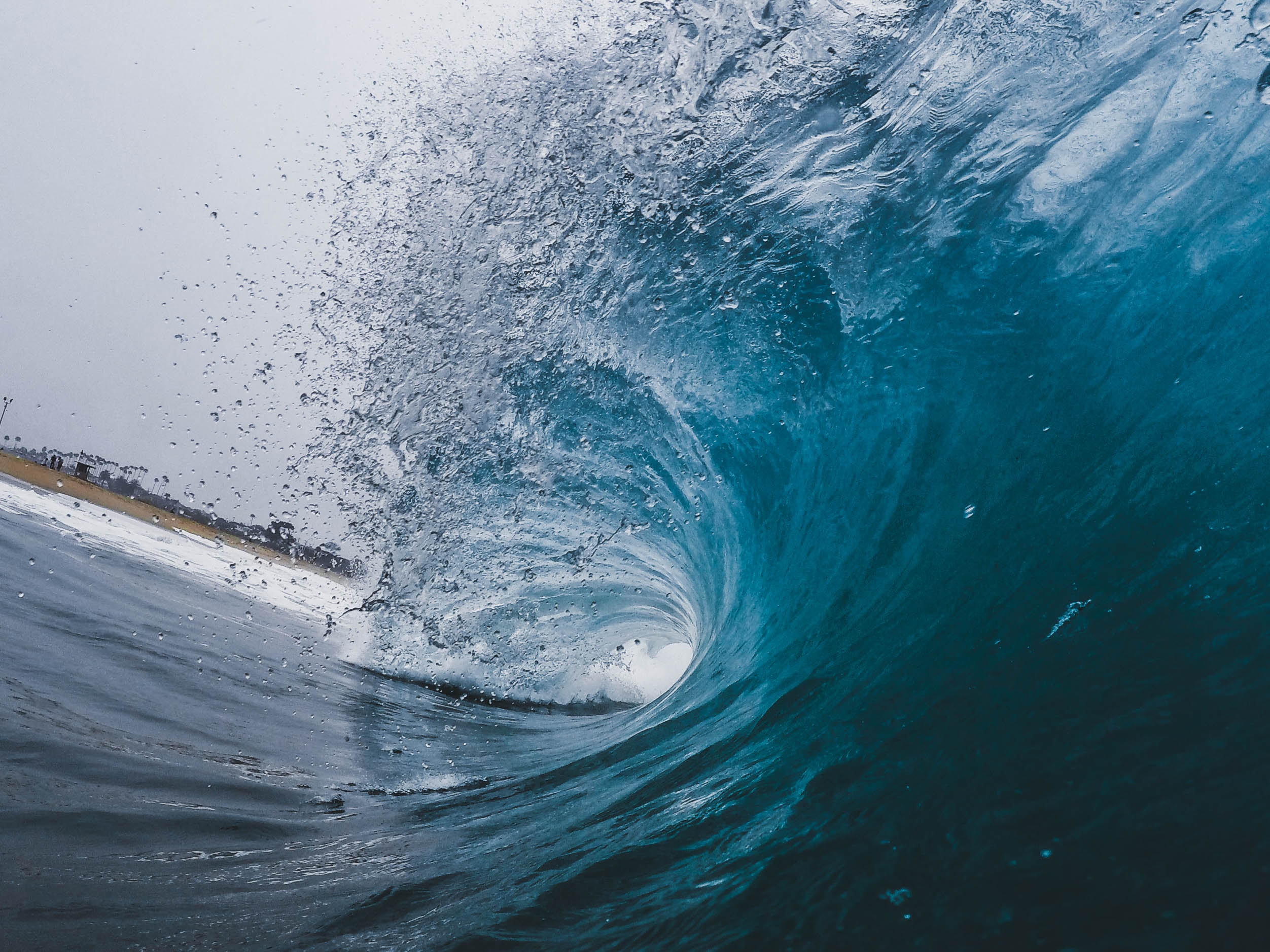While the rising cost of living is biting most Australians, it’s clear the trend of tightening the purse is not hampering those with higher disposable incomes. One brand riding this wave of big bucks is Flight Centre’s Travel Associates, which has seen its sales across the network boom in recent years, so much so the group revealed in Singapore this week during the lead-up to International Luxury Travel Market that the division is on track to eclipse the $1 billion mark in luxury sales value globally by next year.
The network has smashed targets in all key areas of the business, including profit, sales growth, average booking size, dollars per file, and staff retention, and while no doubt that success is at least partly down to a savvy management team and the expertise of its advisors, there’s also little doubt the business is being buoyed by the post-pandemic trend of travellers spending up big in the luxury space more broadly. This trend is in sharp contrast to other areas of the economy which have seen spending reined in radically in the wake of climbing interest rates and the cost of most products and services rising sharply. Although some figures, including the regular Commonwealth Bank reports into consumer spending, have found travel to be resilient to this trend, other recent research by Finder for example found that one-third of Aussie travellers feel like they have been “priced out of travel” altogether, fuelled by a combination of inflation and the high price of air tickets. However, those findings buck against Luxury Escapes’ more premium customer base, who recently indicated that cost was no barrier to a holiday. Only conducted a few months ago, the Luxury Escapes research found 60% of Aussies intend to spend more on travel in 2023 than they did pre-pandemic, with the majority citing plans to outlay more than $10,000 on their next international holiday – specifically focusing on areas like wellness and ecotourism.
But the big question is how long will the luxury wave last?
This query may partly be answered by a recent survey published by investment bank UBS, which found that Aussies earning more than $120,000 a year are still quite optimistic about their financial outlook despite the obvious economic challenges faced, with the report indicating that many remain bullish about how much they will have to spend on wants such as luxury travel over the next 12 months. Similar conclusions were also made by the Commonwealth Bank, which recently exposed a demographic rift between those aged under and over 35, with older consumers who own their own home finding themselves far more insulated from scourges like the rocketing rate of mortgage repayments, who, as a result, are far more likely to spend up big on premium travel moving forward.
While many are pondering how long well-off, older Australians can continue to grease the wheel of luxury travel bookings, the question may not be as straightforward as how long will the pot of money last? More recently, some economists are postulating the continued rise in two-speed consumer spending in Australia may precipitate those protected from many of the current financial headwinds to continue to fork out plenty of cash for premium travel for a while to come, even though the other side of the income ledger will likely see a prolonged tightening of the belt. With older Australians driving a big part of the luxury wave, it is also worth noting that many baby boomers have also espoused a stronger desire to knock off bucket list items over the next couple of years following a period of austere lockdown. These tend to be experiences that require a greater outlay of cash than most holidays and need more time in which to enjoy them, seeing as they have, in many cases, spent years in the box of mental desire.
There is little doubt in my mind that COVID impacted the senior demographic more than most, especially when you consider that earlier variants of COVID, such as Delta, posed a more serious health threat to Aussies aged over 60. It is therefore not surprising that coming through a phase of personal threat like the pandemic has left a deep psychological imprint on the minds of people who may not have previously contemplated their own mortality. This theory has also been borne out in other recent studies which suggest that inheritances have gone down over the last year in Australia, as parents and grandparents decide life is too short not to enjoy the golden phase of their lives.
For its part, Flight Centre Travel Group is definitely doubling down on the sector. An update today from the company’s Global Head of Leisure, James Kavanagh, detailed ambitious aspirations including a threefold increase in the proportion of TTV from its Independent and Luxury pillars in 2023/24 to 27%, up from just 9% in the 2019 financial year. FCTG’s Luxury Travel Collection will become “the leading network of luxury travel advisors designing ‘one of a kind’ experiences for discerning guests,” Kavanagh promised.
In short, it would seem luxury travel is not likely to slow down anytime soon, but perhaps the wider travel sector should be prepared for a widening of the gap between rich and poor in an economic climate which continues to prise them apart.







